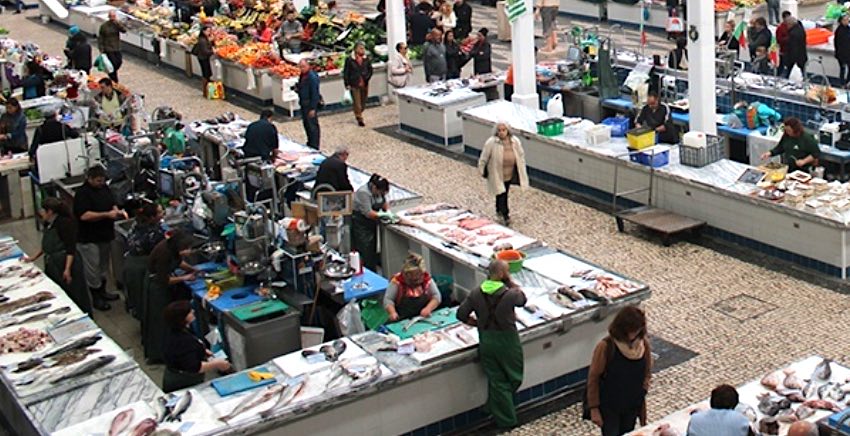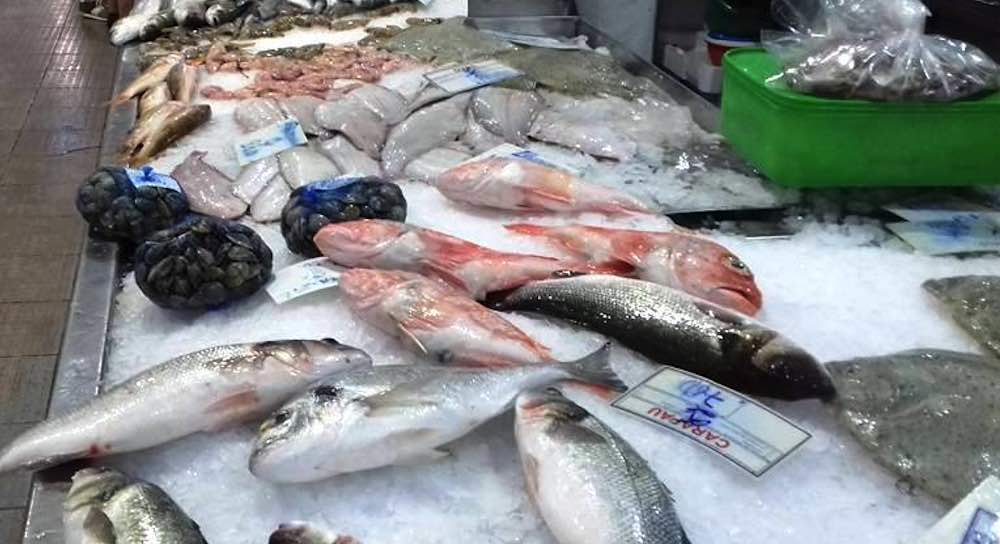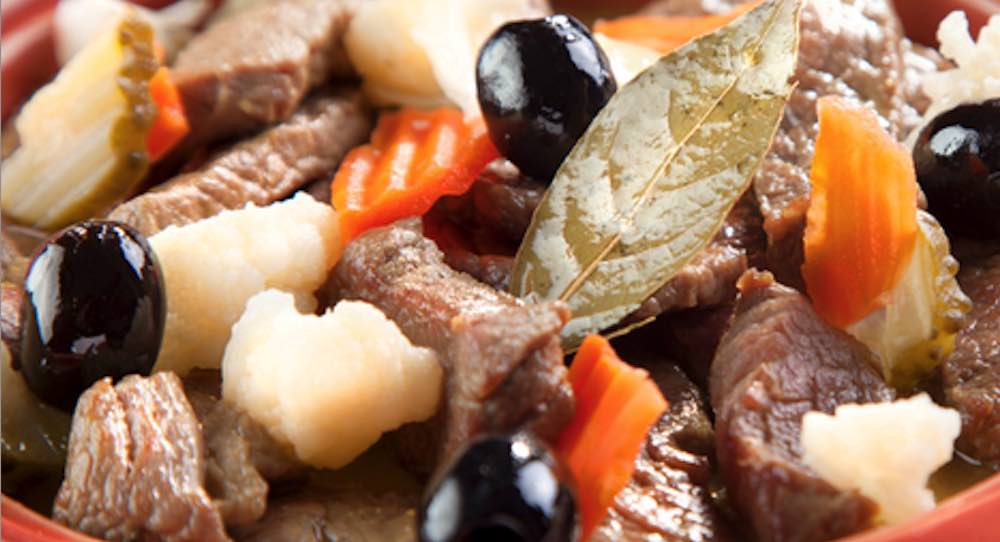Portugal
Portugal, a country in the southwest corner of Europe. Portuguese is the 5th most spoken language in the world, rich in culture, wonderful cuisine and excellent wines. You will be able to cross the country in a short trip. However the natural beauty, locals, landscape attracts you to stay more time in each location.
You will find more than 900 kms of coastline, from white sandy beaches to rocky cliffs. Finding perfect spots to enjoy an amazing meal with wine pairing, will be easy while you have the Atlantic Ocean views. To the interior, more common the vineyard, olive trees, cork trees, which are just a few references of this lovely country.
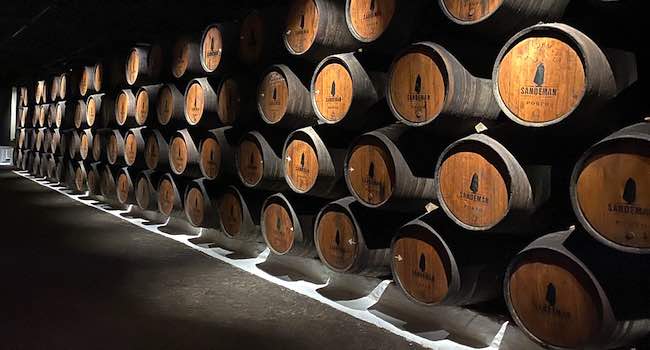

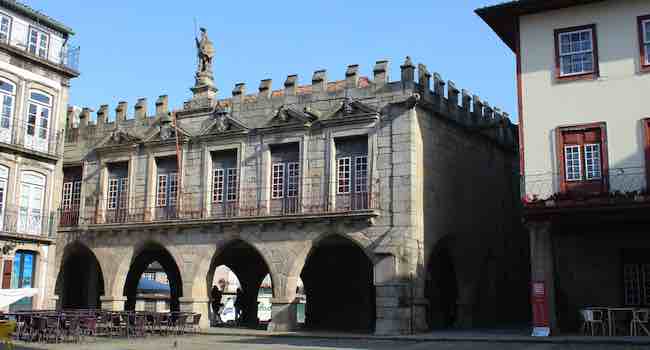
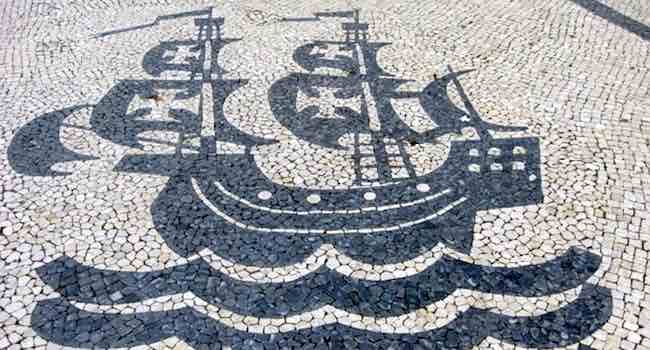
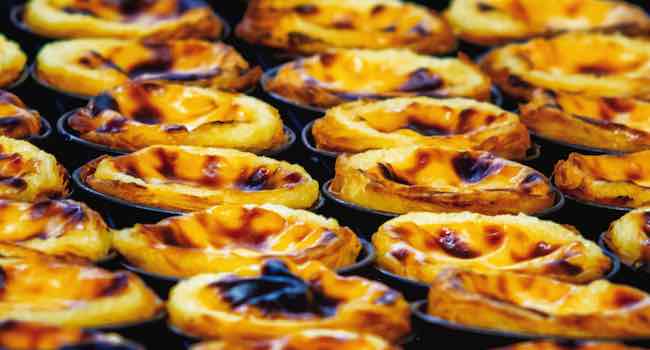
Portugal has two island groups: the Azores (800 miles southwest of Lisbon) and Madeira (600 miles south of Lisbon). Azores is a paradise for nature, where green and blue are the main colors. For other hand, Madeira is known for the Madeira wine, tourism and festivities, in which cruise ships have a major impact.
Portugal Gastronomy
Wherever you may be, you will taste fabulous local gastronomy. Portuguese gastronomy is comfort food, you will find the major key factor is the freshness of the ingredients used to cook . Cooking in Portugal is to use fresh ingredients, amazing soups, dishes based on meat or fish with asides of rice, potatoes or vegetables .
Pork meat is the most consumed meat in the country, while cod and sardines take places in their hearts (and belly). Funny fact is that Portugal does not have cod in their Atlantic waters, importing mainly from Norway.
Portugal official currency: euro ( € )
Coins : 1,2,5,10,2050 cents and 1 and 2 euros.
Bank Notes: 5, 10, 20, 50, 100, 200 Euros.
ATM Machines: possible to withdraw cash besides the payment of almost all local services. You will find 11400 ATM´s spread in the country.
Currency Exchange: possible to exchange at banks, schedule : 8.30 am to 3pm, from mondays to fridays. You will find also automatic currency exchange machines (currency sales only).
Credit cards: VISA, MasterCard, Diners Club, Europay, JCB and Maestro and American Express. Most common is Visa and Mastercard, depends of contracts between retail shops and banks.
If for any reason your Visa or MasterCard is lost or stolen, you should contact the following numbers for assistance:
- Visa : 800 811 107
- MasterCard : 800 811 272
Mobile Operators
You will be in a country with the highest number of mobile phone users. Three network service providers (Vodafone, NOS and MEIO), which covers almost 100% of the territory.
Internet
You will find lots of coffee shops, restaurants, airports, hotels, accommodation, post offices, gas stations, shopping centres, among many other stores that provide free wifi access. However, you should be careful if you have critical data. If you acquire a local number and you may buy one at the airport, always confirm if you have data access, besides de prices.
- Portugal uses 203/400 volts at a frequency of 50 hertz.
- Sockets comply with European stardards.
- If you want to charge your mobile phone, tablet or laptop you will need a 230 volt transformer and an adaptor to use American-Style flat-prong plugs.
We should drive on the right in Portugal. Road signs comply with international rules. Compulsory papers ( ID, driving licence, motor insurance certificate, vehicle registration or equivalent, vehicle logbook.
Speed limits in the country:
Cars without trailers and motorcycles:
50 kph – in built-up areas
90 kph – regular roads
100 kph – Roads restricted to motor vehicles
120 kph – Highways (except when mentioned)
Additional notes:
1) Mandatory to wear seat belts ( all occupants)
2) Forbidden to use mobile phones while driving, except if you use hands-free equipment or an earphone (one only).
3) Portugal has an excellent road network in the entire country. Motorways will be subject to toll fee´s depending of the distance you make and type of vehicle. If you will use a rent-a-car service always ask for insurance terms and conditions, GPS option and toll fee payment system called Via Verde.
Since 2008, smoking is not allowed in enclosed public spaces in the country.
Forbidden locations: work places, public transport, government buildings, healthcare establishments, laboratories, pharmacies, all educational establishments, facilities, museums, shops, indoor sports, concert or theatre halls, libraries, hotels and service stations.
Exceptions: restaurants, discos and bars with more than 100 m2 should mark areas where is allowed, however with good ventilation. Less than 100m2 , they can choose to be or not to be a smoking facility. Information is visible at the entrance door.
Penalties:
Smokers, from 50€ to 750 € ;
Business owners , from 50€ to 1000€ ;
Government facilities, companies, corporations, from 2500 € to 250.000 €, according several conditions established by law.
- Portugal uses the single European emergency number (free): 112
- You can connect dialing on a fixed number or mobile phones.
Visit and learn about local ingredients such as fresh fish, vegetables, fruits, meat at Livramento Market in Setúbal.
Let's prepare, cook and enjoy friends or family this delicious cuttlefish dish from Portugal.
Visit and learn about local ingredients such as fresh fish, vegetables, fruits, meat at Livramento Market in Setúbal.
Portugal has a population of about 10 million.
The population density is at its greatest in Lisbon, the capital and its suburbs, where about 1.9 million people live. The second largest city in Portugal is Oporto in the north.
Generally speaking, there are more people living in the country’s coastal regions than in the inland areas.
LANGUAGE
From a Latin root, Portuguese is spoken by about 250 million people in every continent, and is the 5th most spoken language in the world and the 3rd, if we only consider the European languages.
The Portuguese-speaking countries are scattered all over the world. Portuguese is spoken in Africa (Angola, Cape Verde, Guinea-Bissau, Mozambique and São Tomé e Príncipe), in South America (Brazil) and in Asia, (East Timor, the youngest nation in the world), and it is also the official language in Macao Special Administrative Region of China.
In Portugal there are lots of people who are able to communicate in English, French and Spanish.
Market Tour in Portugal is a journey to the world of senses, discovering the Portuguese ingredients in the market stalls. You will be able to engage with locals, making questions, and always with a professional chef with you to visit the local market.
Pica Pau is a Portuguese petisco based on meat. It is possible to feature pork or beef (or even a mix of both) and as a delicious sauce, which is usually based on beer.

